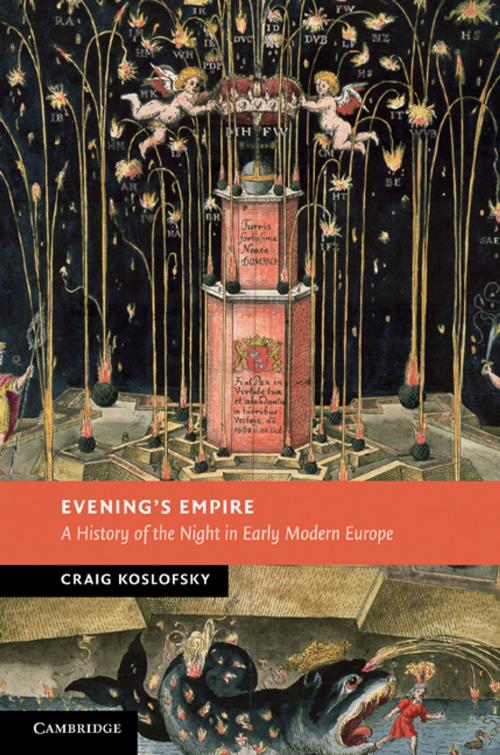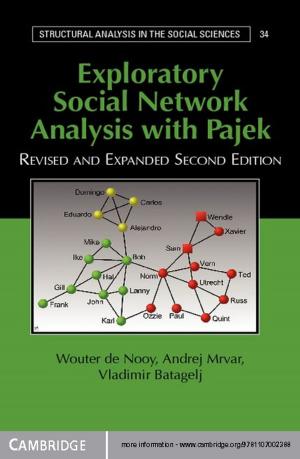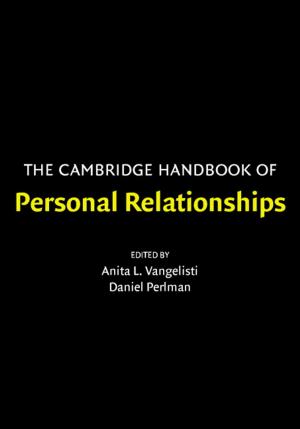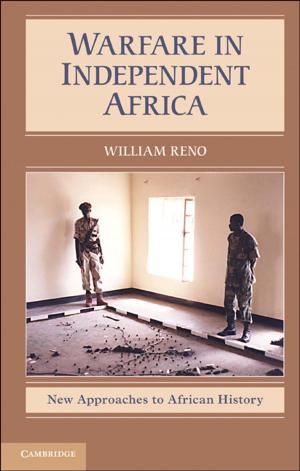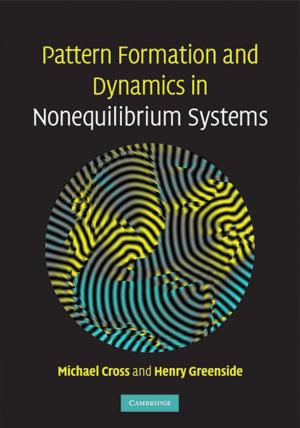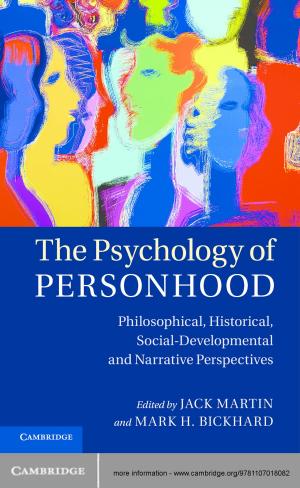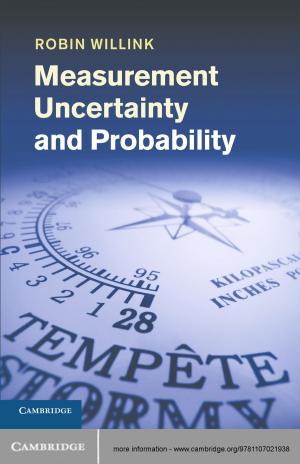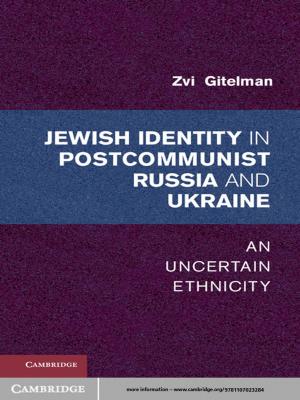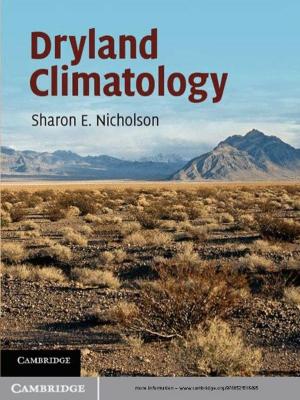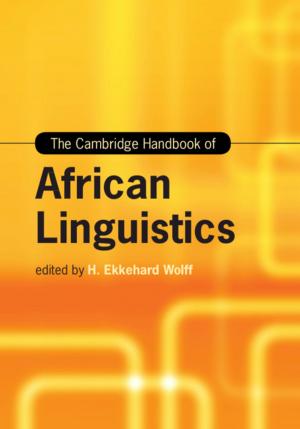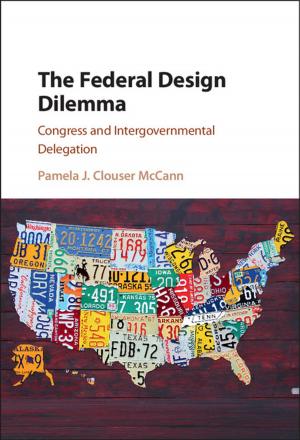Evening's Empire
A History of the Night in Early Modern Europe
Nonfiction, History, Renaissance, European General| Author: | Craig Koslofsky | ISBN: | 9781107386648 |
| Publisher: | Cambridge University Press | Publication: | June 30, 2011 |
| Imprint: | Cambridge University Press | Language: | English |
| Author: | Craig Koslofsky |
| ISBN: | 9781107386648 |
| Publisher: | Cambridge University Press |
| Publication: | June 30, 2011 |
| Imprint: | Cambridge University Press |
| Language: | English |
What does it mean to write a history of the night? Evening's Empire is a fascinating study of the myriad ways in which early modern people understood, experienced, and transformed the night. Using diaries, letters, and legal records together with representations of the night in early modern religion, literature and art, Craig Koslofsky opens up an entirely new perspective on early modern Europe. He shows how princes, courtiers, burghers and common people 'nocturnalized' political expression, the public sphere and the use of daily time. Fear of the night was now mingled with improved opportunities for labour and leisure: the modern night was beginning to assume its characteristic shape. Evening's Empire takes the evocative history of the night into early modern politics, culture and society, revealing its importance to key themes from witchcraft, piety, and gender to colonization, race, and the Enlightenment.
What does it mean to write a history of the night? Evening's Empire is a fascinating study of the myriad ways in which early modern people understood, experienced, and transformed the night. Using diaries, letters, and legal records together with representations of the night in early modern religion, literature and art, Craig Koslofsky opens up an entirely new perspective on early modern Europe. He shows how princes, courtiers, burghers and common people 'nocturnalized' political expression, the public sphere and the use of daily time. Fear of the night was now mingled with improved opportunities for labour and leisure: the modern night was beginning to assume its characteristic shape. Evening's Empire takes the evocative history of the night into early modern politics, culture and society, revealing its importance to key themes from witchcraft, piety, and gender to colonization, race, and the Enlightenment.
